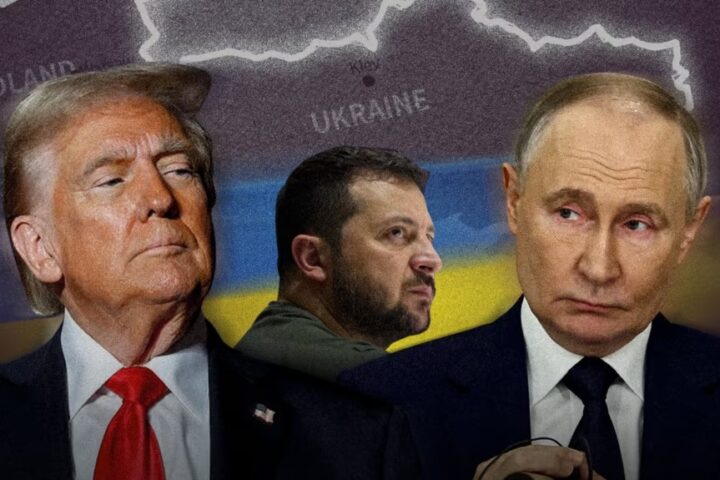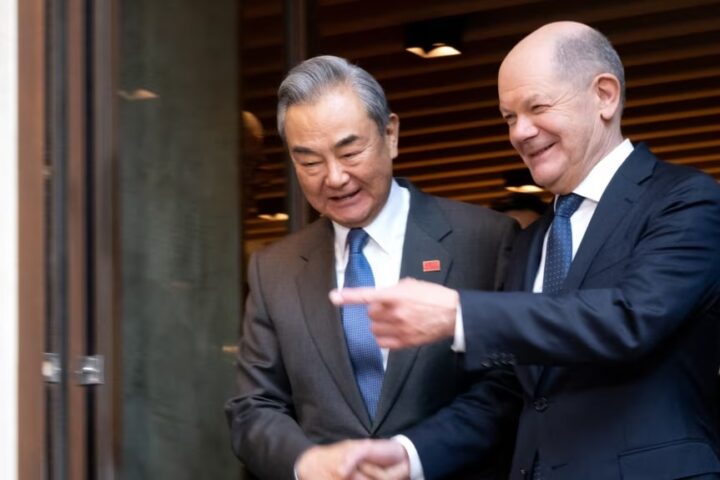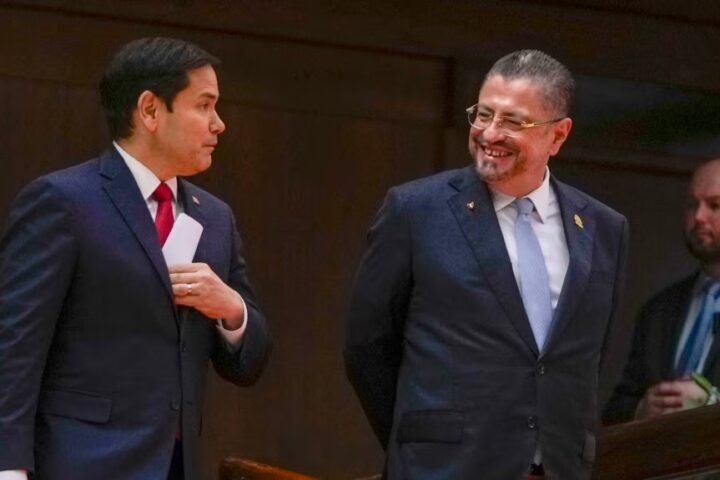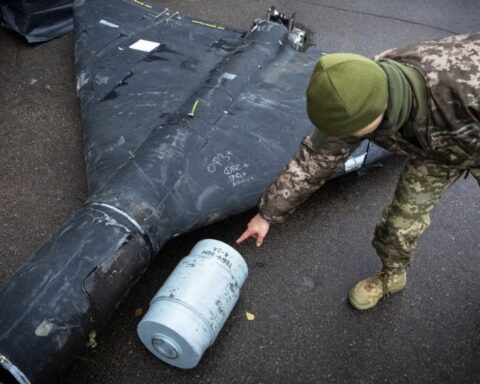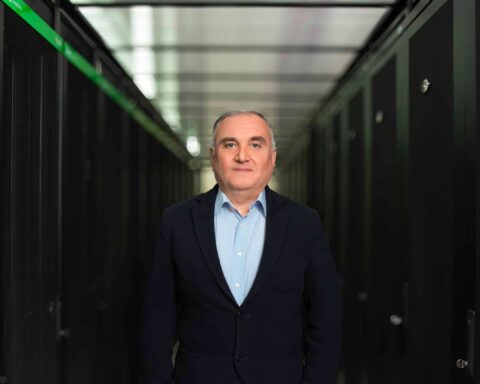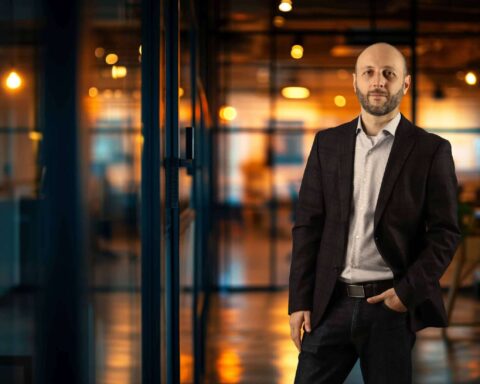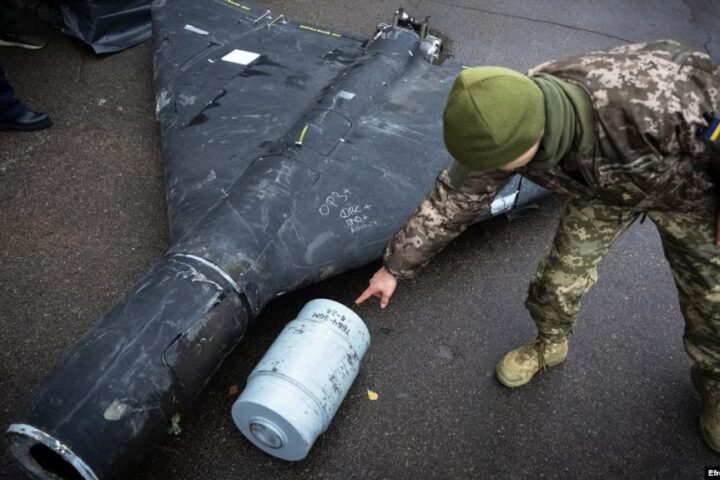At least 17 people were reported killed in shelling attacks on civilian targets overnight in the southeastern Ukrainian city of Zaporizhzhia.
Dozens more were reported wounded.
The European Union’s top diplomat Saturday condemned “in the strongest possible terms” Russia’s attempt to annex the Zaporizhzhia nuclear power plant and said Russia’s forces must fully withdraw from the plant and return control of it to Ukraine.
High Representative for Foreign Affairs Josep Borrell called the seizure of the nuclear power plant “illegal, and legally null and void,” and said a reinforced International Atomic Energy Agency (IAEA) “presence at the site and its unhindered access to the plant are urgently needed in the interest of the security of Europe as a whole.”
Earlier Saturday, the IAEA reported that the Zaporizhzhia plant, the biggest in Europe, had lost its only external power source as a result of renewed Russian shelling and was forced to rely on emergency diesel generators.
All six reactors at the plant are shut down, but they still require electricity for cooling and other safety functions. The IAEA said plant engineers have begun work to repair the damaged power line.
The nuclear watchdog agency said the plant’s link to a 750-kilovolt line was cut about 1 a.m. Saturday local time. It cited official information from Ukraine, as well as reports from IAEA experts at the site, which is held by Russian forces.
IAEA chief Rafael Grossi is traveling to Moscow to hold talks in the coming days about establishing a protection zone around the nuclear plant. He was in Ukraine on Friday and met with President Volodymyr Zelenskyy regarding the situation. Transferring the plant to Russian ownership, Grossi said, is a violation of international law.
Russian shake-up?
Russia’s defense ministry named General Sergei Surovikin on Saturday as the new overall commander of Kremlin forces engaged in Ukraine. It was the first official announcement of a single overall commander for all Russian forces fighting in Ukraine since its Feb. 24 invasion began.
“By the decision of the defense minister of the Russian Federation, General of the Army Sergei Surovikin has been appointed commander of the joint group of troops in the area of the special military operation,” the statement said, using the Kremlin’s term for the invasion of Ukraine.
Surovikin had since 2017 led Russia’s Aerospace Forces. In June, he was placed in charge of Russian forces in southern Ukraine.
Bridge partly opens
Saturday dawned with an explosion that partially collapsed a bridge over the Kerch Strait, an important road and rail link between Russia and Crimea and a vital supply line for Russia’s war effort against Ukraine.
No one has claimed responsibility for the blast that killed three people and shut down the bridge. Russian transportation authorities said limited road and rail traffic had resumed about 10 hours after the attack.
Britain’s defense ministry said Sunday about the damage to the bridge that “any serious disruption to its capacity will highly likely have a significant impact on Russia’s already strained ability to sustain its forces in southern Ukraine.”
Russian divers are set to examine the extent of the damage Sunday.
Ukrainian President Volodymyr Zelenskyy, in a video address, indirectly acknowledged the bridge attack but not its cause.
“Today was not a bad day and mostly sunny on our state’s territory,” he said. “Unfortunately, it was cloudy in Crimea. Although it was also warm.”
Ukrainian officials have repeatedly threatened to strike the bridge.
Moscow stopped short of assigning blame, but the speaker of Crimea’s Kremlin-backed regional parliament accused Ukraine, while downplaying the severity of the damage.
“Now they have something to be proud of: over 23 years of their management, they didn’t manage to build anything worthy of attention in Crimea, but they’ve managed to damage the surface of the Russian bridge,” Vladimir Konstantinov, chairperson of the State Council of the Republic, wrote on Telegram.
The official Twitter account of the Ukraine government tweeted, “Sick burn.”
Mykhailo Podolyak, a Zelenskyy adviser, lauded the attack, tweeting, “Crimea, the bridge, the beginning. Everything illegal must be destroyed, everything stolen must be returned to Ukraine, everything occupied by Russia must be expelled.”
Russian Foreign Ministry representative Maria Zakharova wrote on Telegram, “The Kiev regime’s reaction to the destruction of civilian infrastructure highlights its terrorist nature.”
The Ukrainian postal service announced it would issue stamps commemorating the blast, saying in a statement that the images would draw on classic film posters to highlight the bridge’s “sacred significance” to Moscow. The postal service previously released a set of stamps commemorating the sinking of the Moskva, a Russian flagship cruiser, by a Ukrainian strike in late May.
The blast, reportedly a truck bomb, occurred even though all vehicles driving across it undergo automatic checks for explosives by state-of-the-art control systems. That has drawn a stream of critical comments from Russian war bloggers.
The truck was owned by a resident of the Krasnodar region in southern Russia, Russia’s Investigative Committee said. It noted that investigators arrived at his home as part of the inquiry and are looking at the truck’s route and other details.
The 19-kilometer bridge across the Kerch Strait linking the Black Sea and the Sea of Azov opened in 2018 and is the longest in Europe. The $3.6 billion project is a tangible symbol of Moscow’s claims on Crimea, and it has provided an essential link to the peninsula, which Russia annexed from Ukraine in 2014.
While Russia seized areas north of Crimea early in the current the invasion and built a land corridor to it along the Sea of Azov, Ukraine is pressing a counteroffensive to reclaim the territories.
Some information for this story came from The Associated Press and Reuters.




